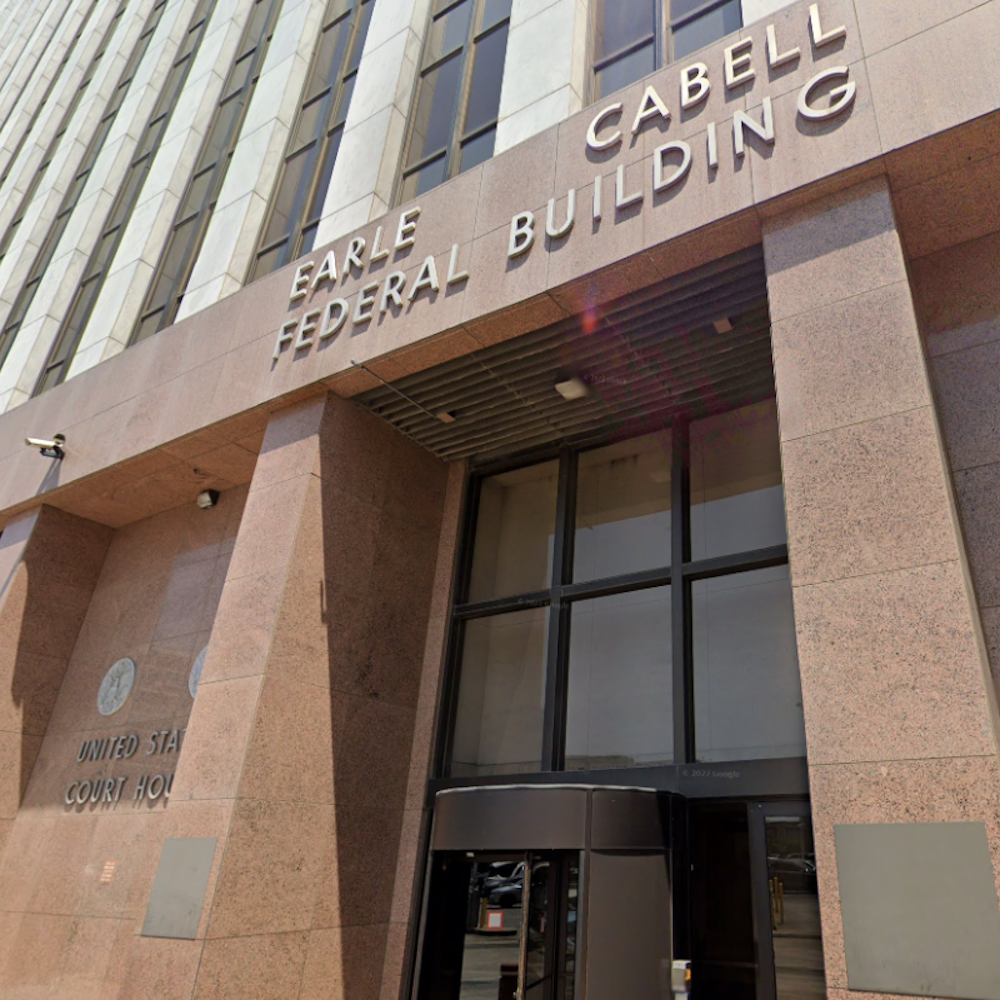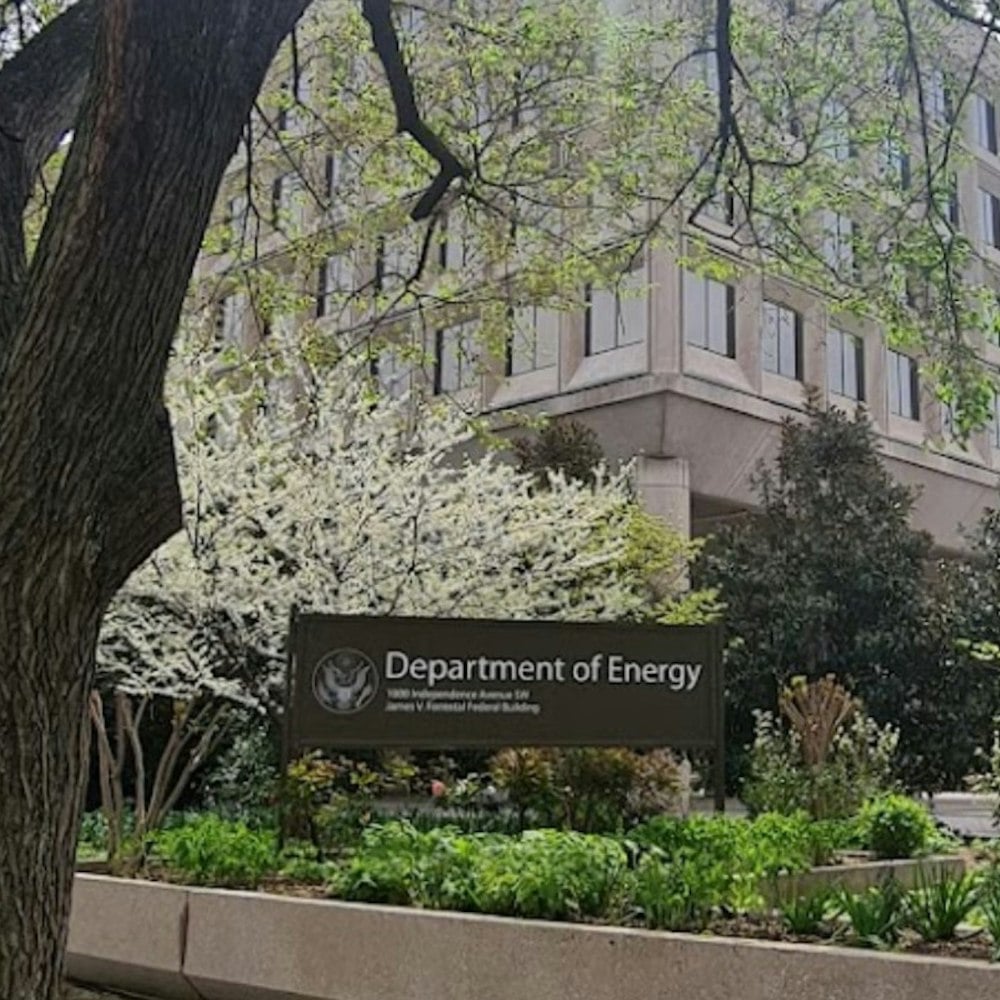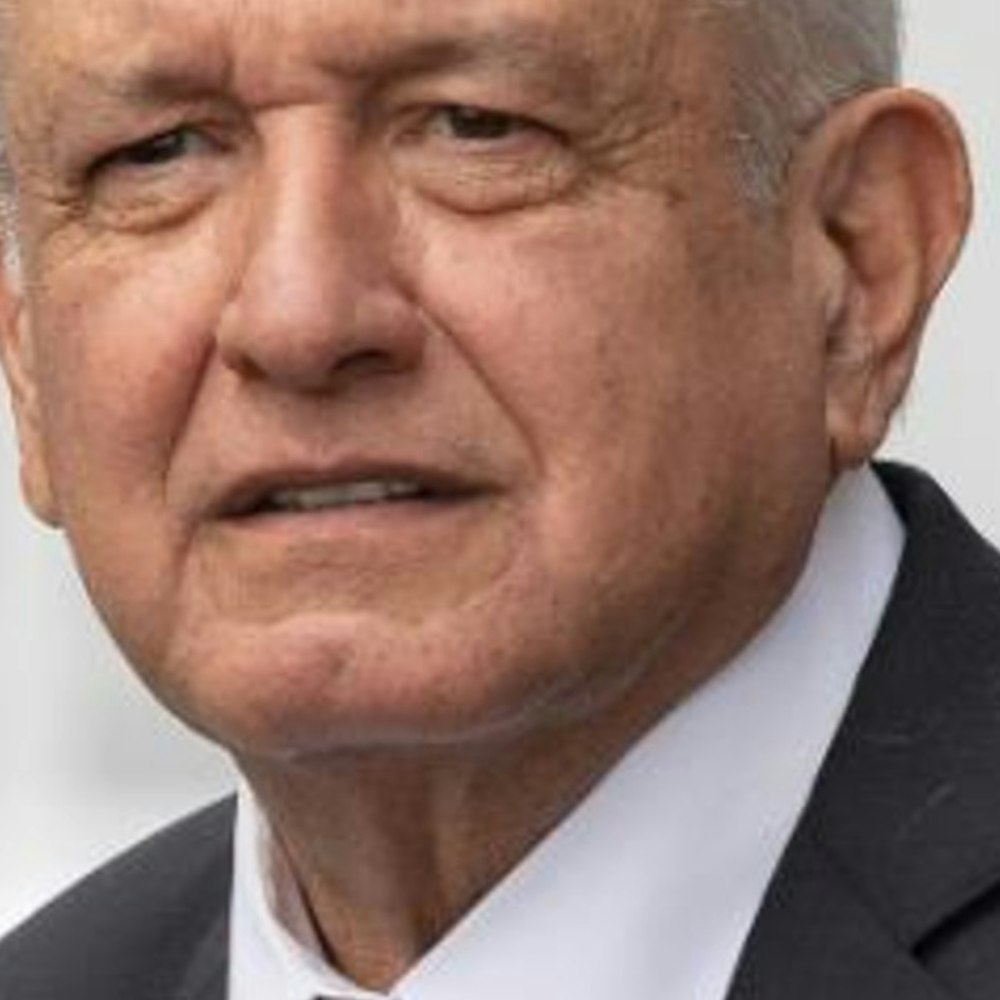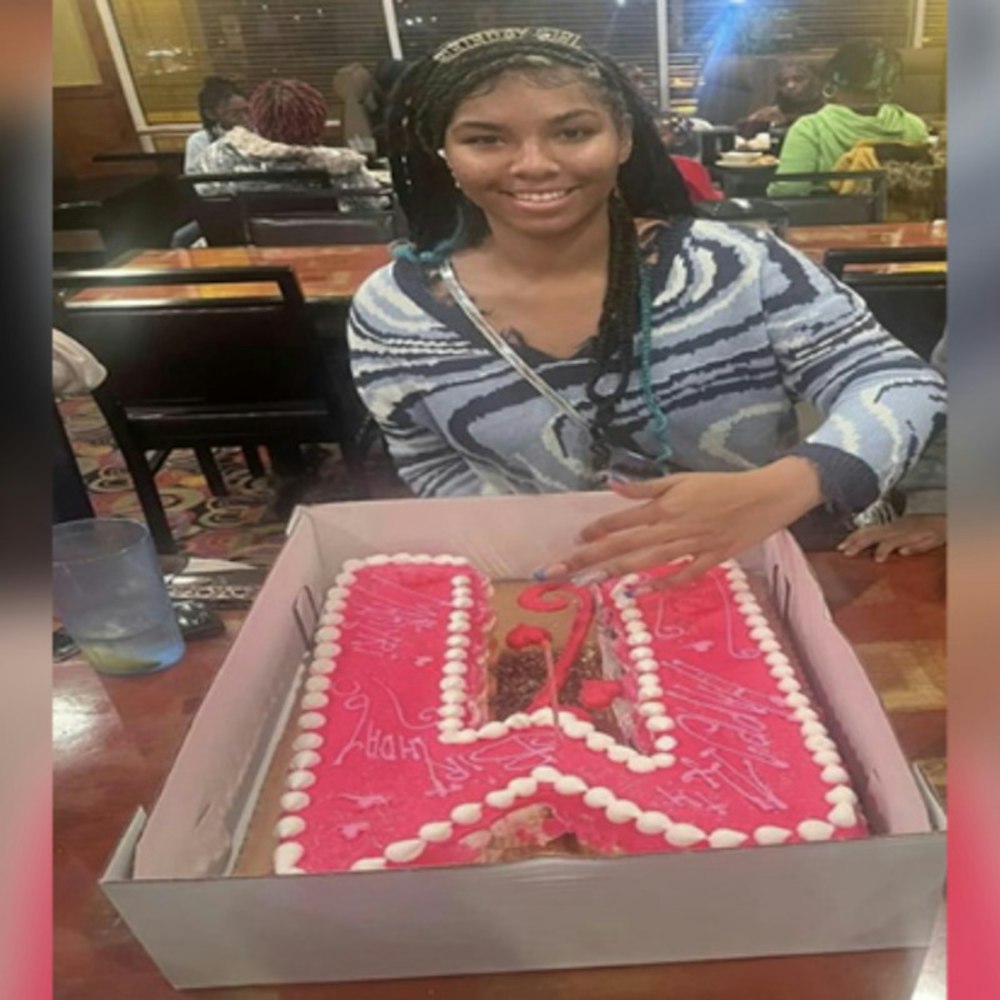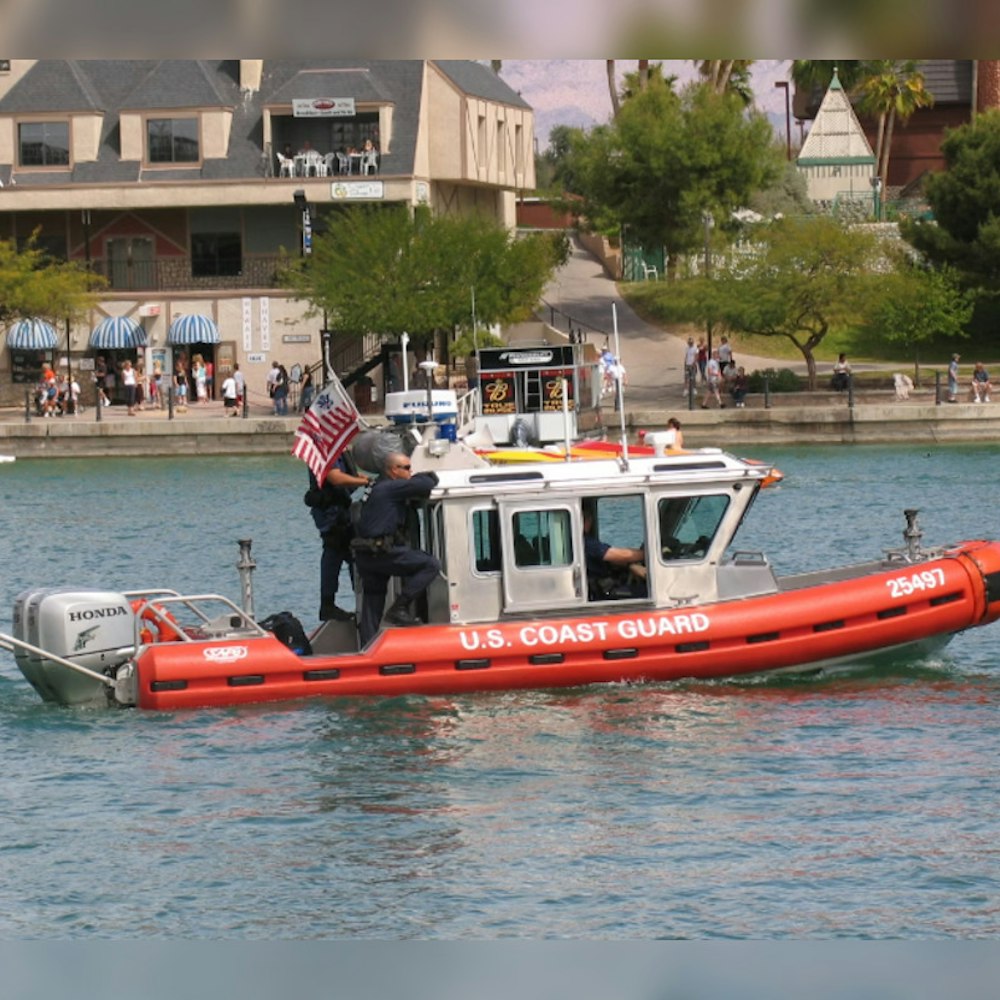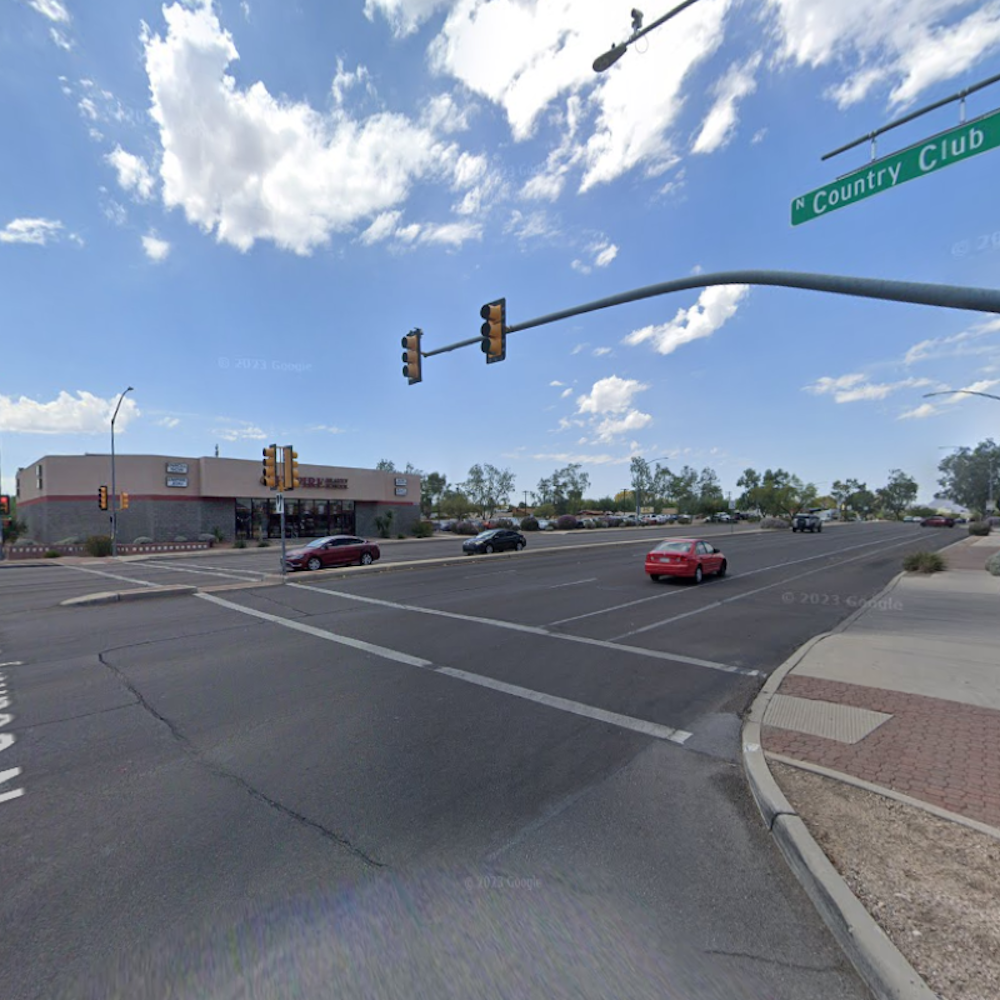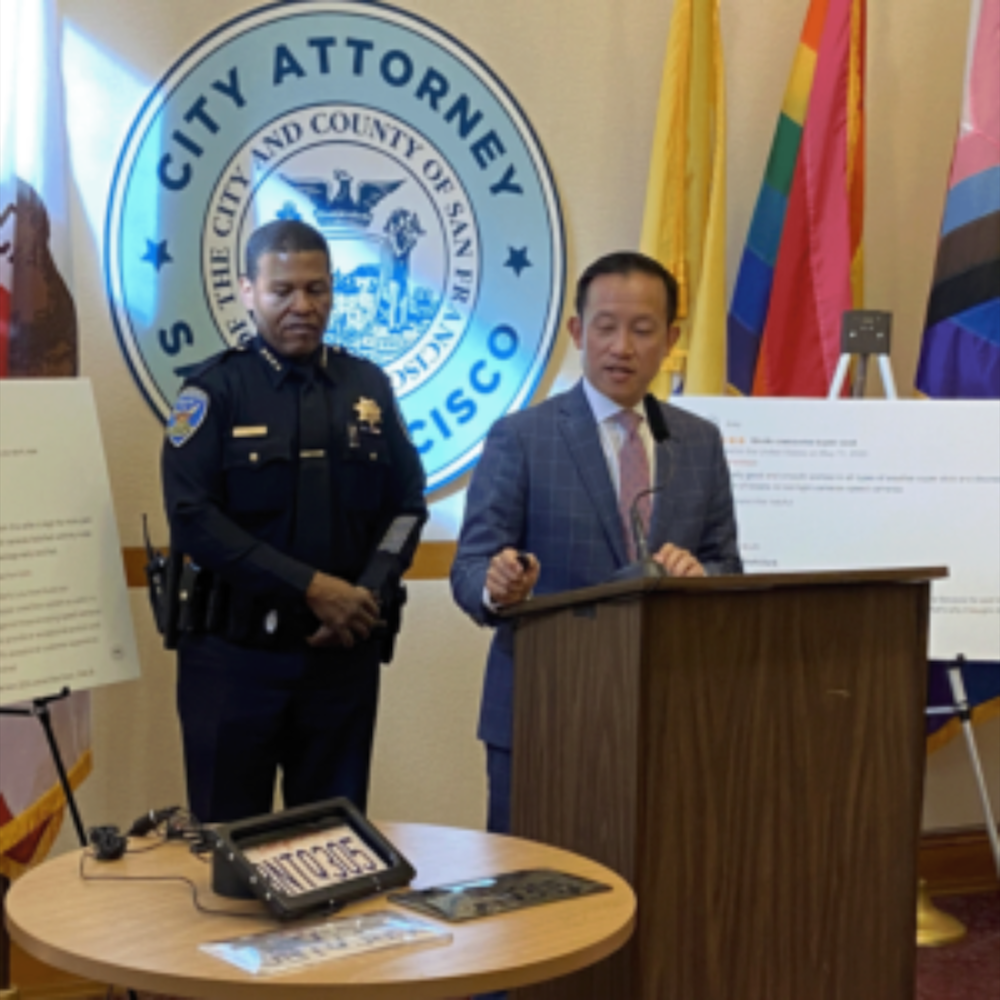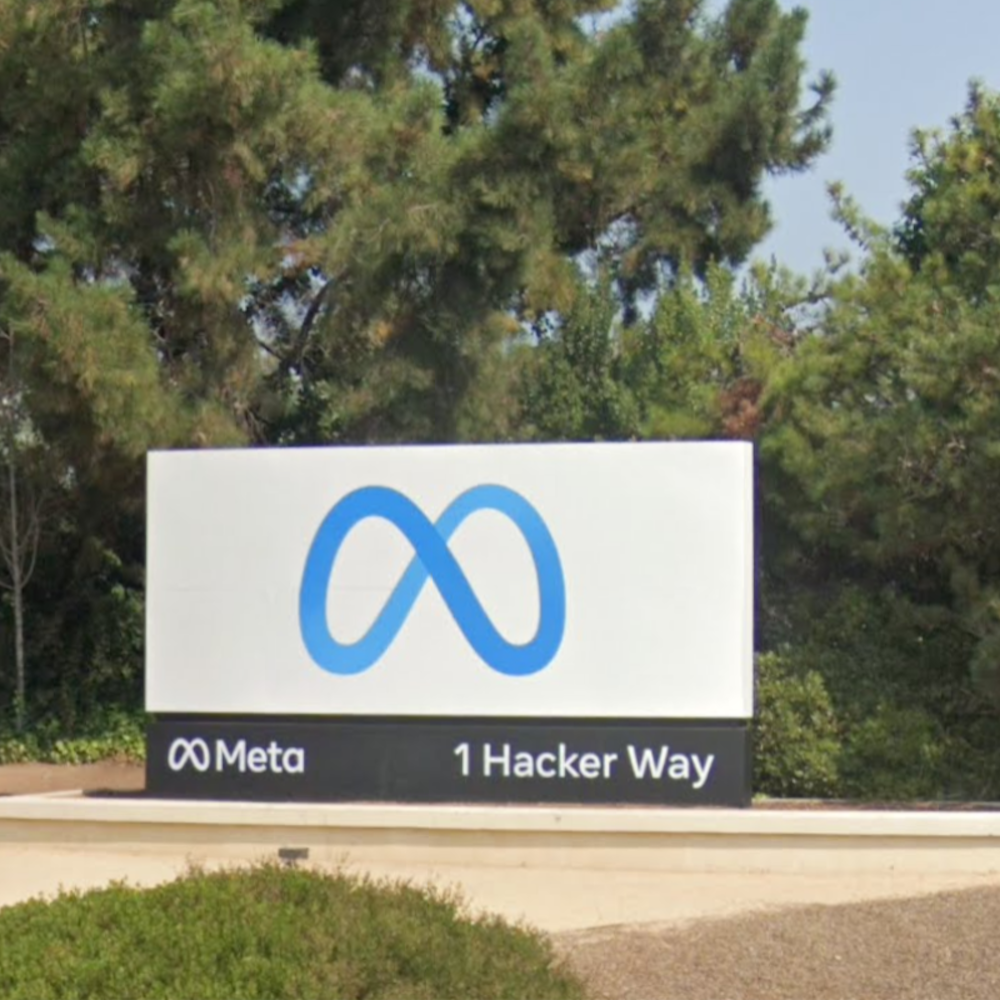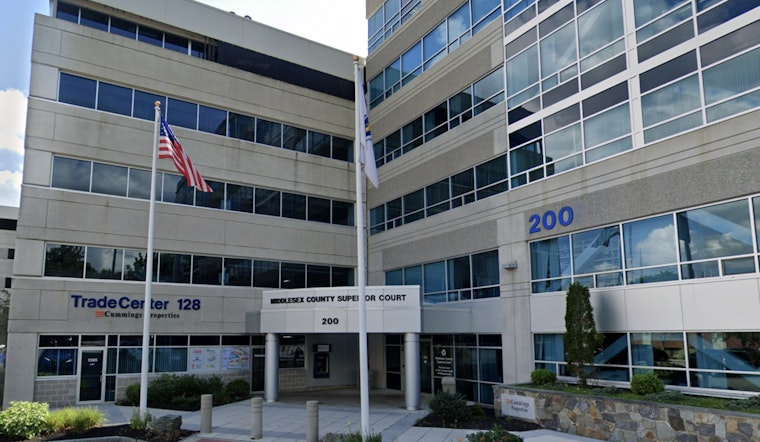
Melanie G. Northrop, an employee at Harvard Counseling And Mental Health Services and the defendant in a worrying wrongful death suit, claimed she stuck to “standard procedure” when dealing with Luke Z. Tang '18, a student who tragically took his own life back in September 2015, as revealed in a testimony on Tuesday. While Northrop maintained her adherence to protocol, she did concede there was no follow-up with Tang on whether he would see another therapist after their last meeting, the Harvard Crimson reported. This development comes amidst the ongoing trial which began last week after Tang’s parents sued the University in 2018, demanding over $20 million in damages for alleged negligence.
It was during the summer after Northrop's last meeting with Tang that the student died, soon after returning to campus, despite the plans that were in place, Northrop testified that she "could not act" on Tang’s behalf "without his permission," pointing towards a system where autonomy, perhaps weighed heavier than continuous checks in times of palpable distress. And while Judge dismissed charges against Harvard and two other defendants in the previous December, Northrop's case moves forward, with questioning that has quickly turned heated, as David W. Heinlein, the attorney for Tang’s parents, grilled her on why she failed to confirm follow-up therapy for Tang after an earlier suicide attempt.
Amid scrutiny, Northrop remained adamant that she did the best she could within her role, telling the court, “I told you — I put my hand on the phone and I said, ‘Luke, if you want to start this process right now, we can start it right now,’” to which Tang reportedly responded with a no, declining to grant her permission to schedule on his behalf. The defense attests that Tang chose to continue support from Reverend Larry Mynatt, a spiritual therapist, although Northrop later admitted to not following up with Tang during their final meeting on May 15, 2015, according to the Harvard Crimson.
The trial has also featured emotional testimonies from Tang’s parents, who detailed their son's early life, his relationships, and prior depressive symptoms; his father expressed belief after a visit following Tang’s first attempt at taking his life, that his son "was in good hands." Reverend Mynatt, who provided Tang with international messaging options but did not hear from him over the summer nor upon his return for the fall semester, was among the witnesses, revealing he had not been informed of his inclusion in a "team" of providers for Tang, stating, “As far as I knew, I was working solo.” The trial, with further witness appearances scheduled, notably from former Lowell House Faculty Dean Diana L. Eck and former Lowell House Resident Dean Caitlin M. Casey, is expected to continue through Friday but without a definitive endpoint set by Judge John P. Pappas, the Harvard Crimson reported.
